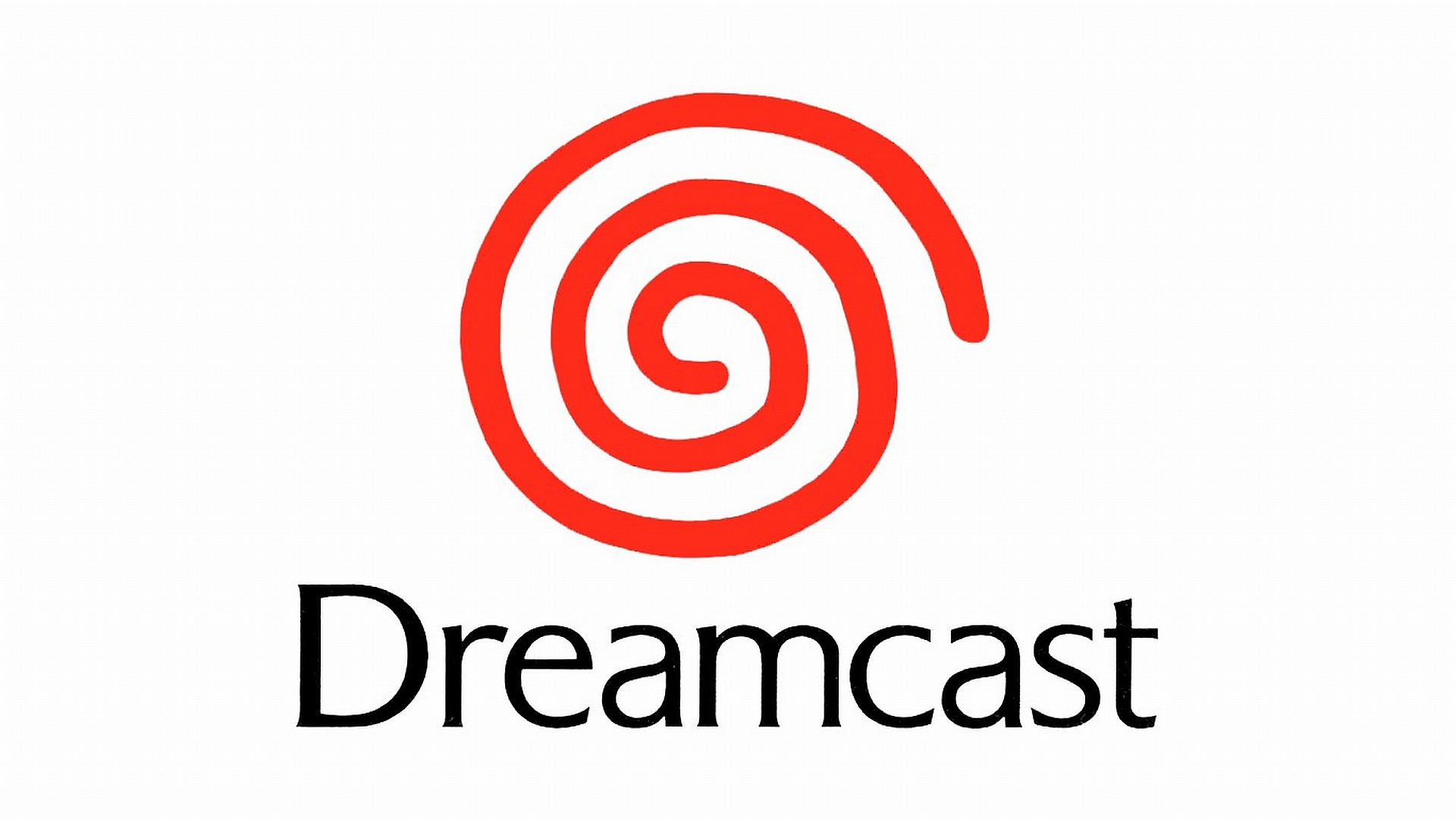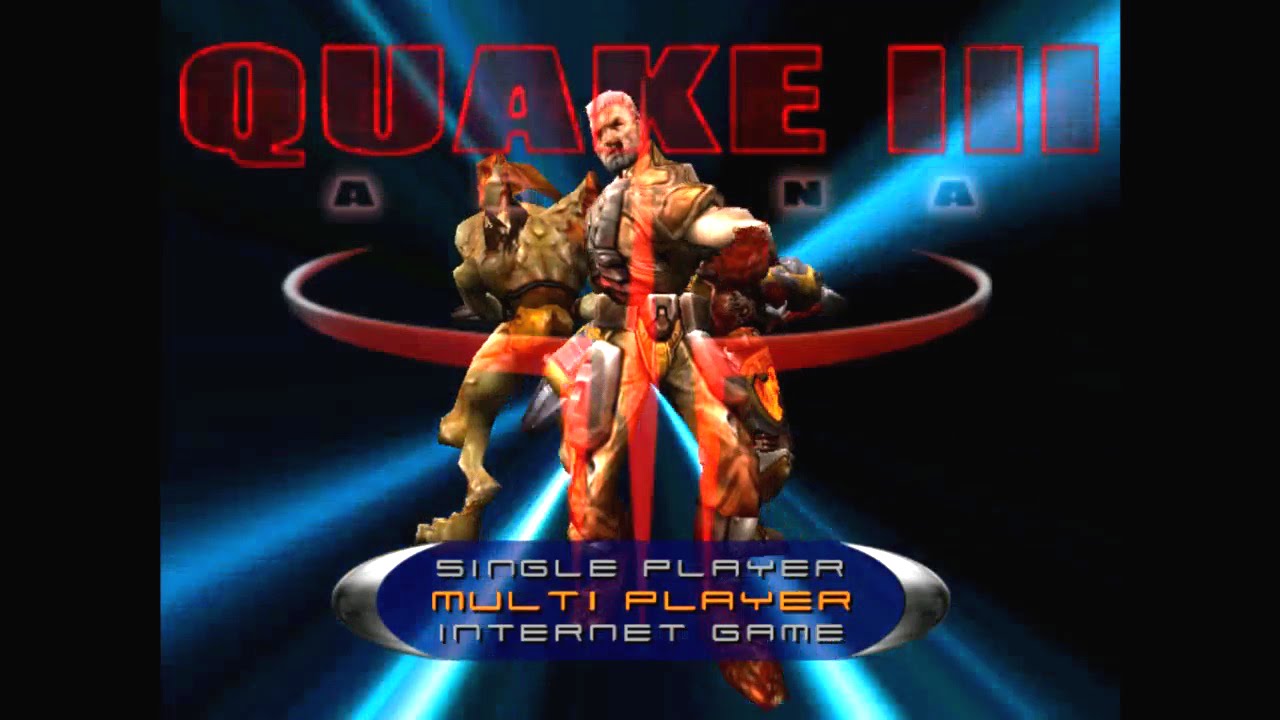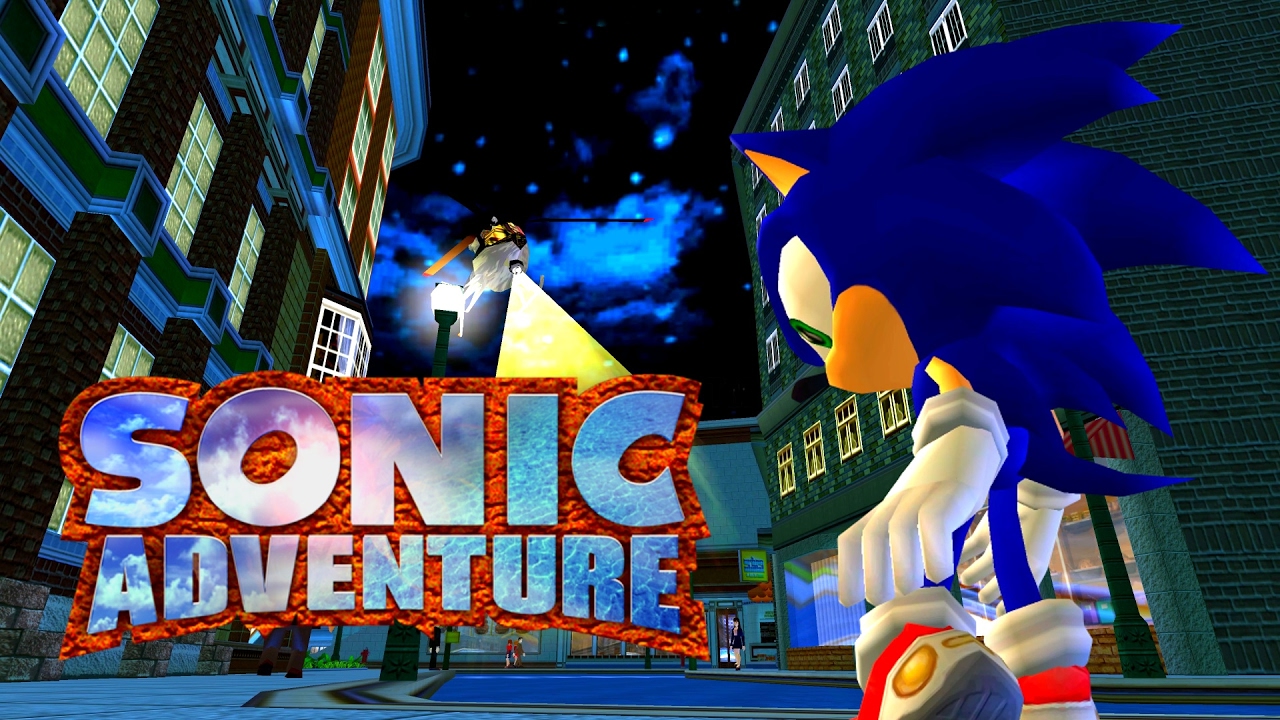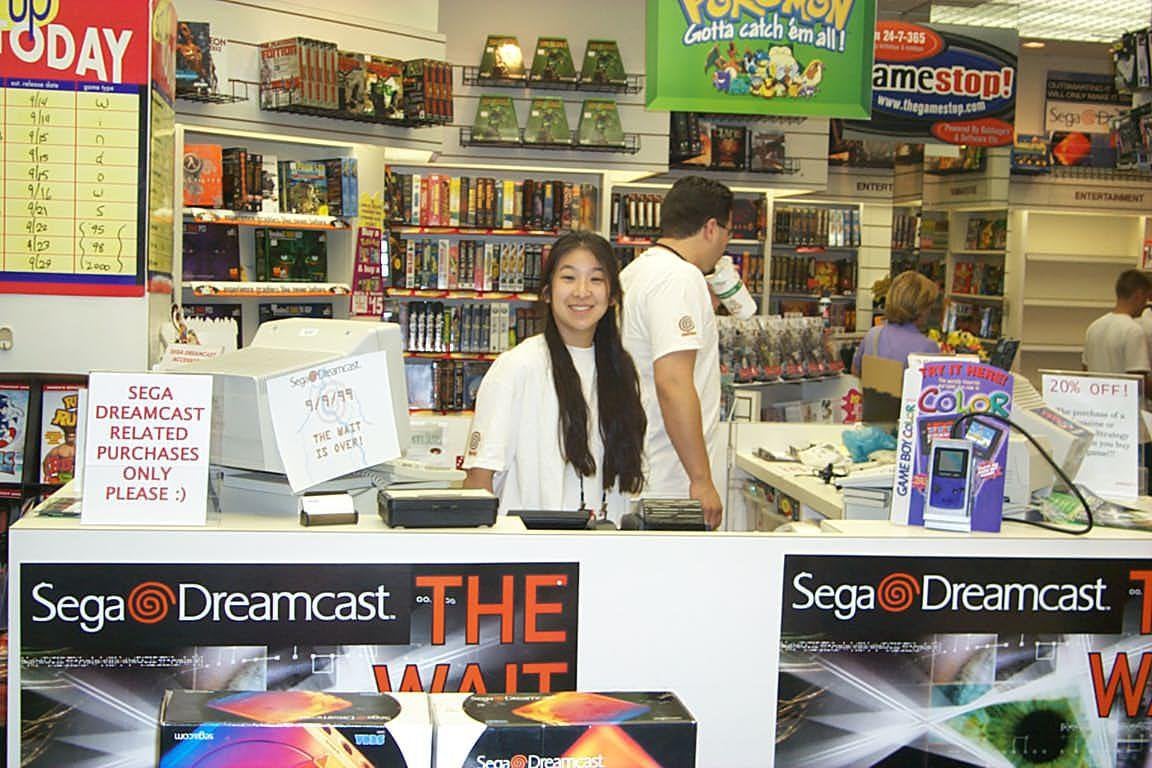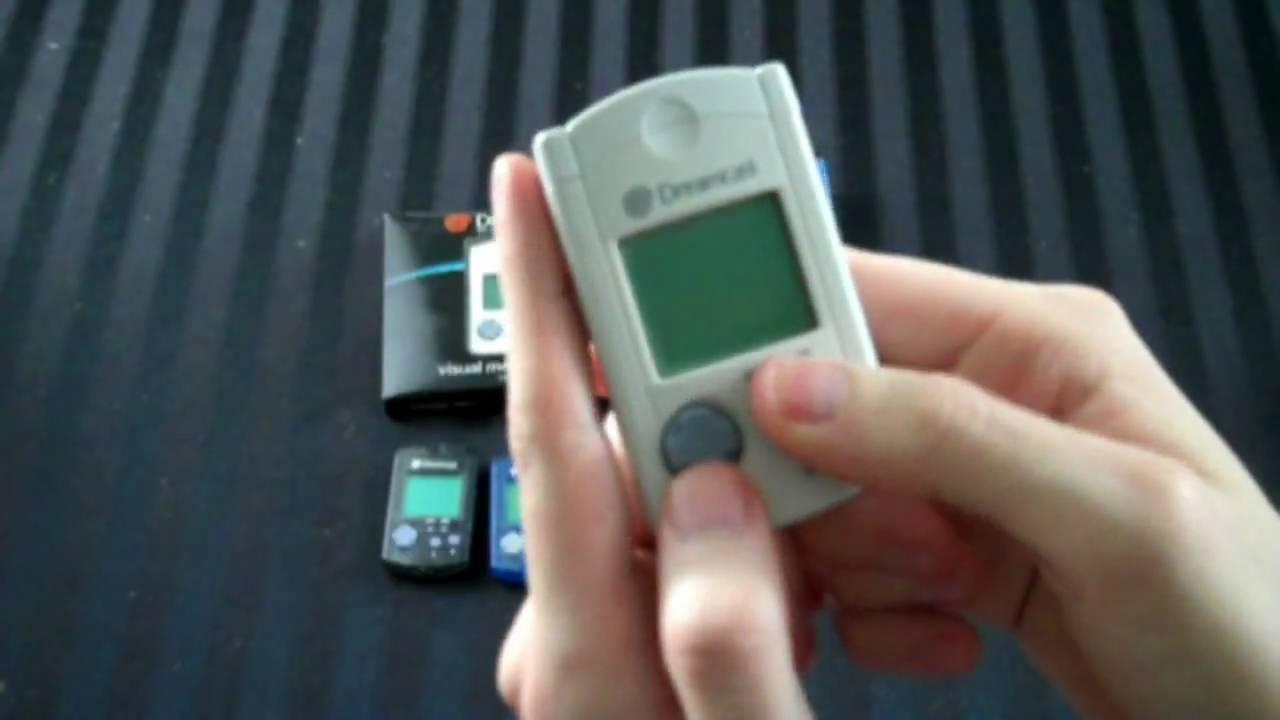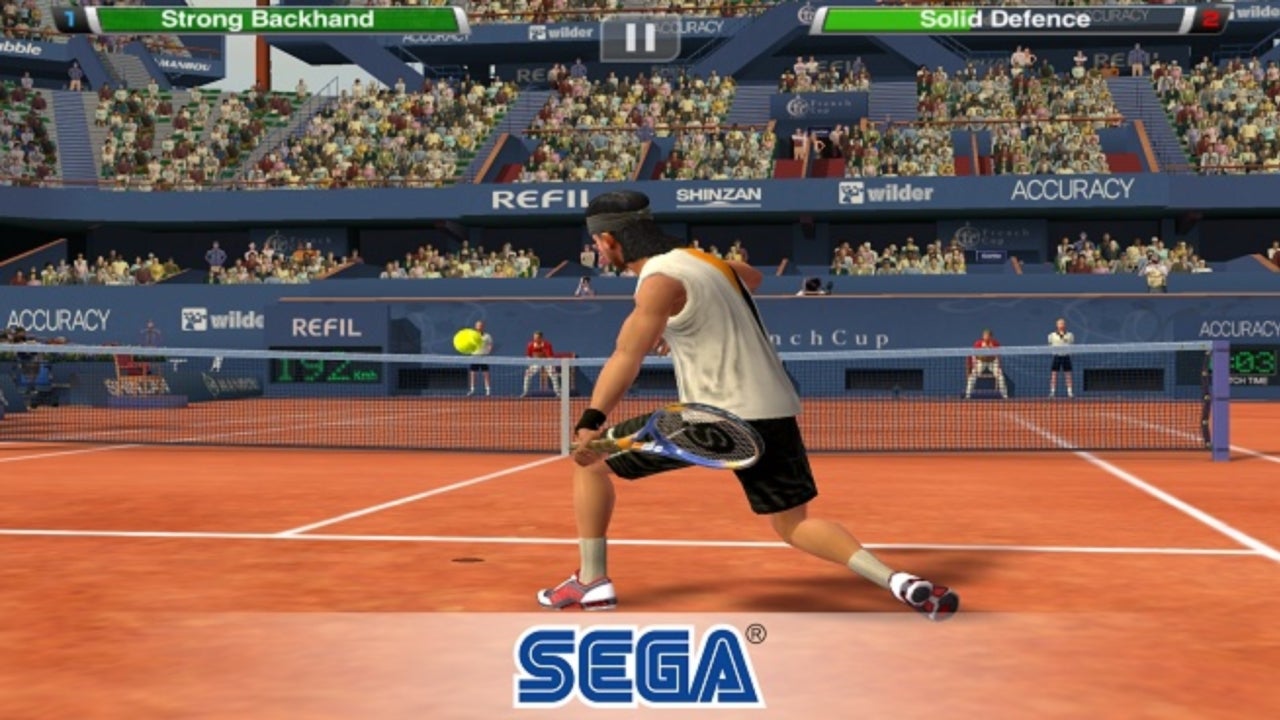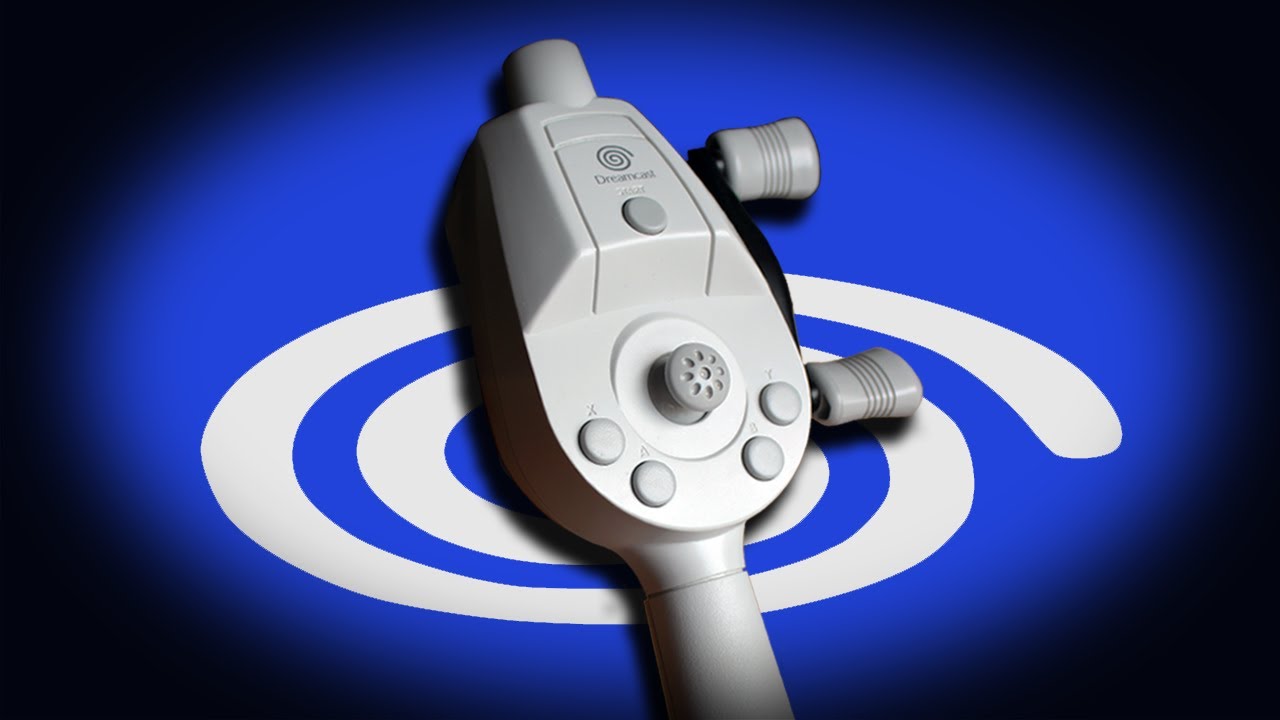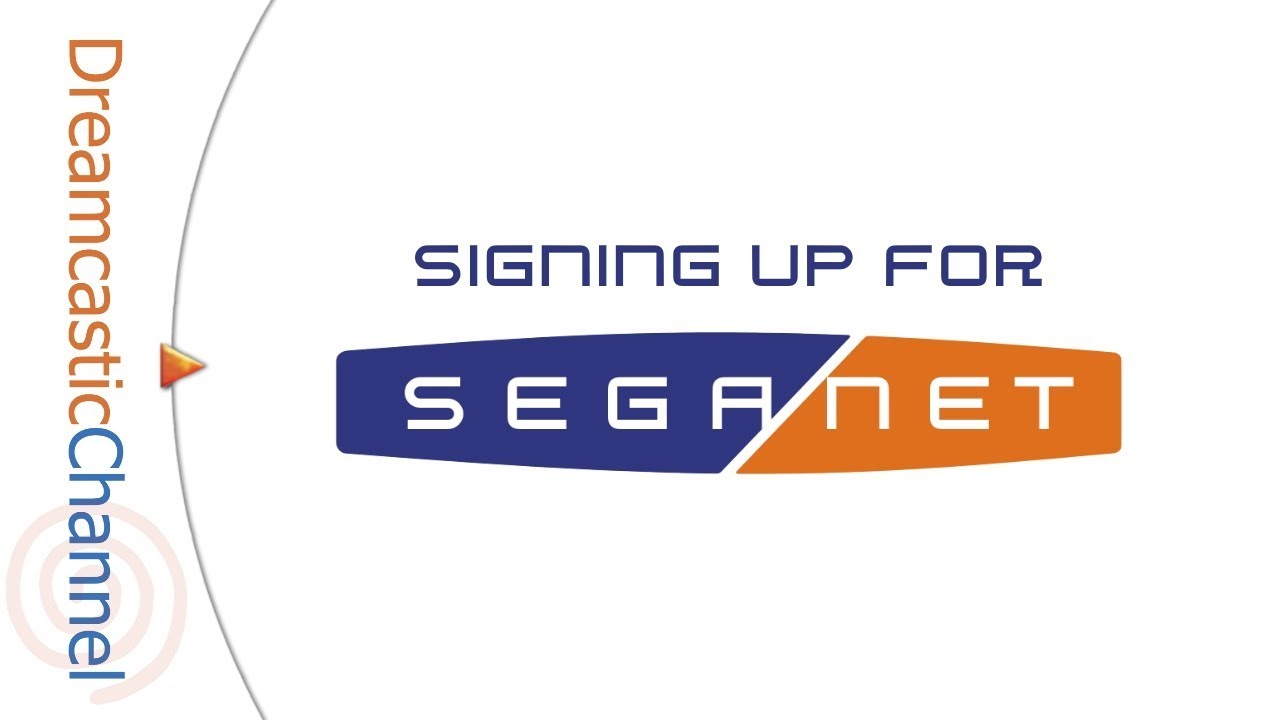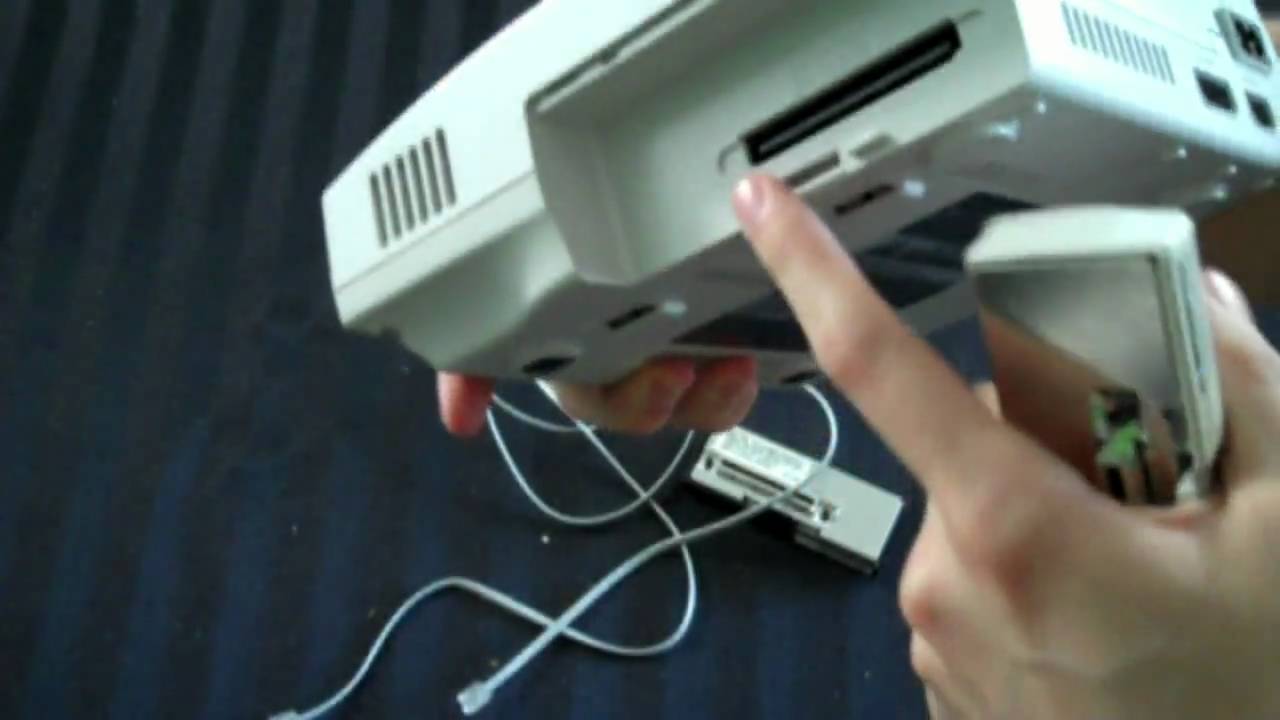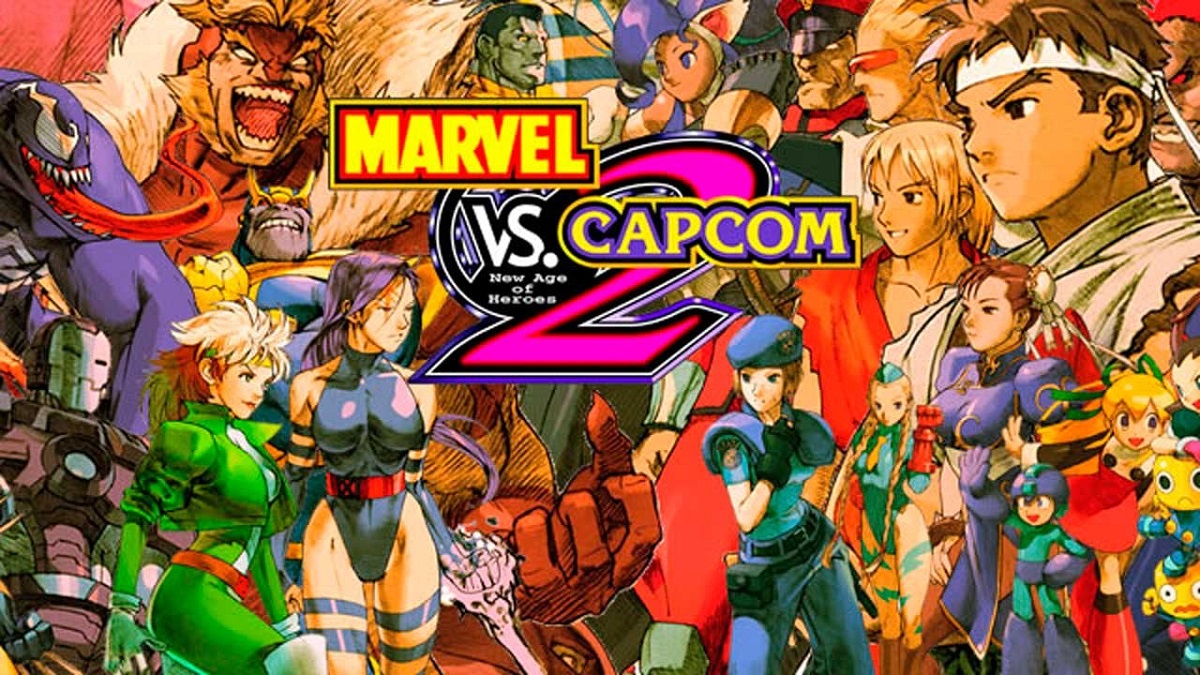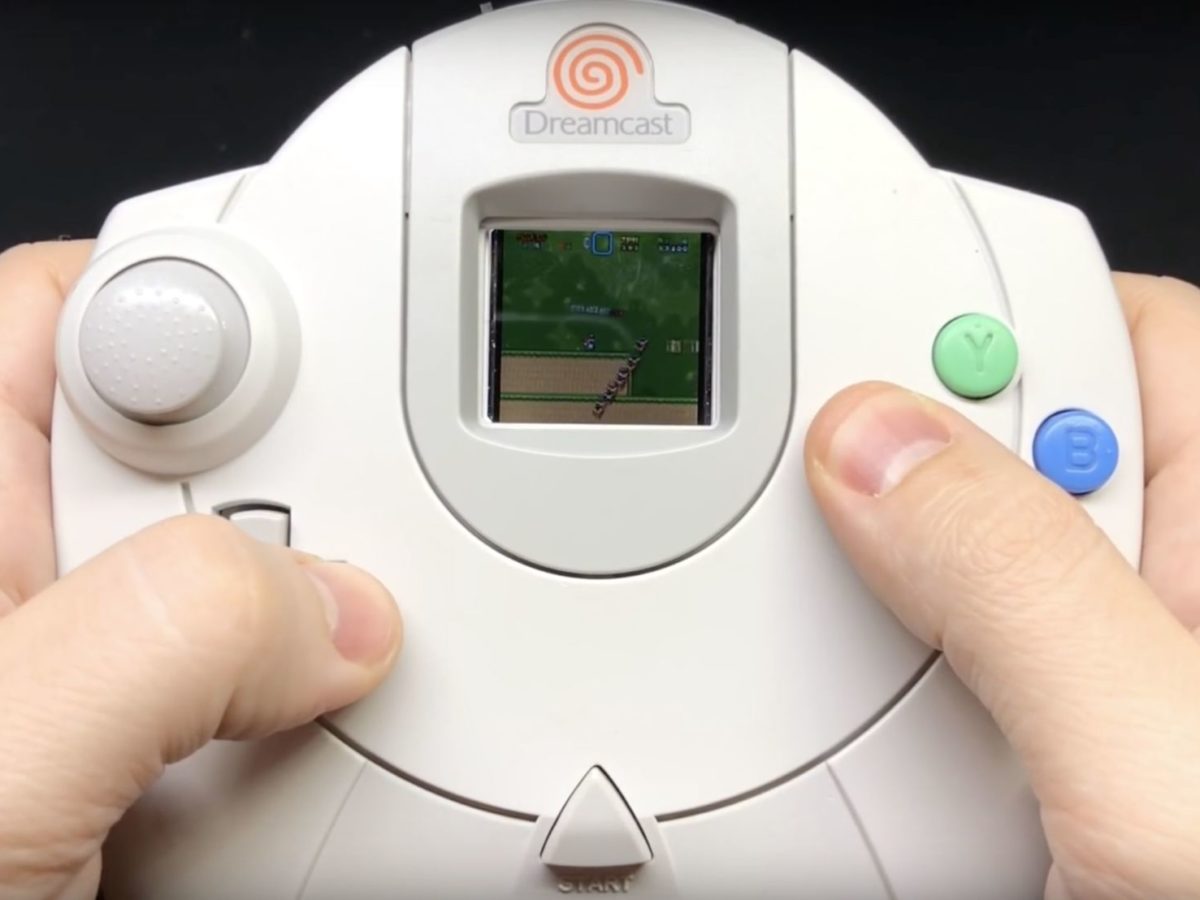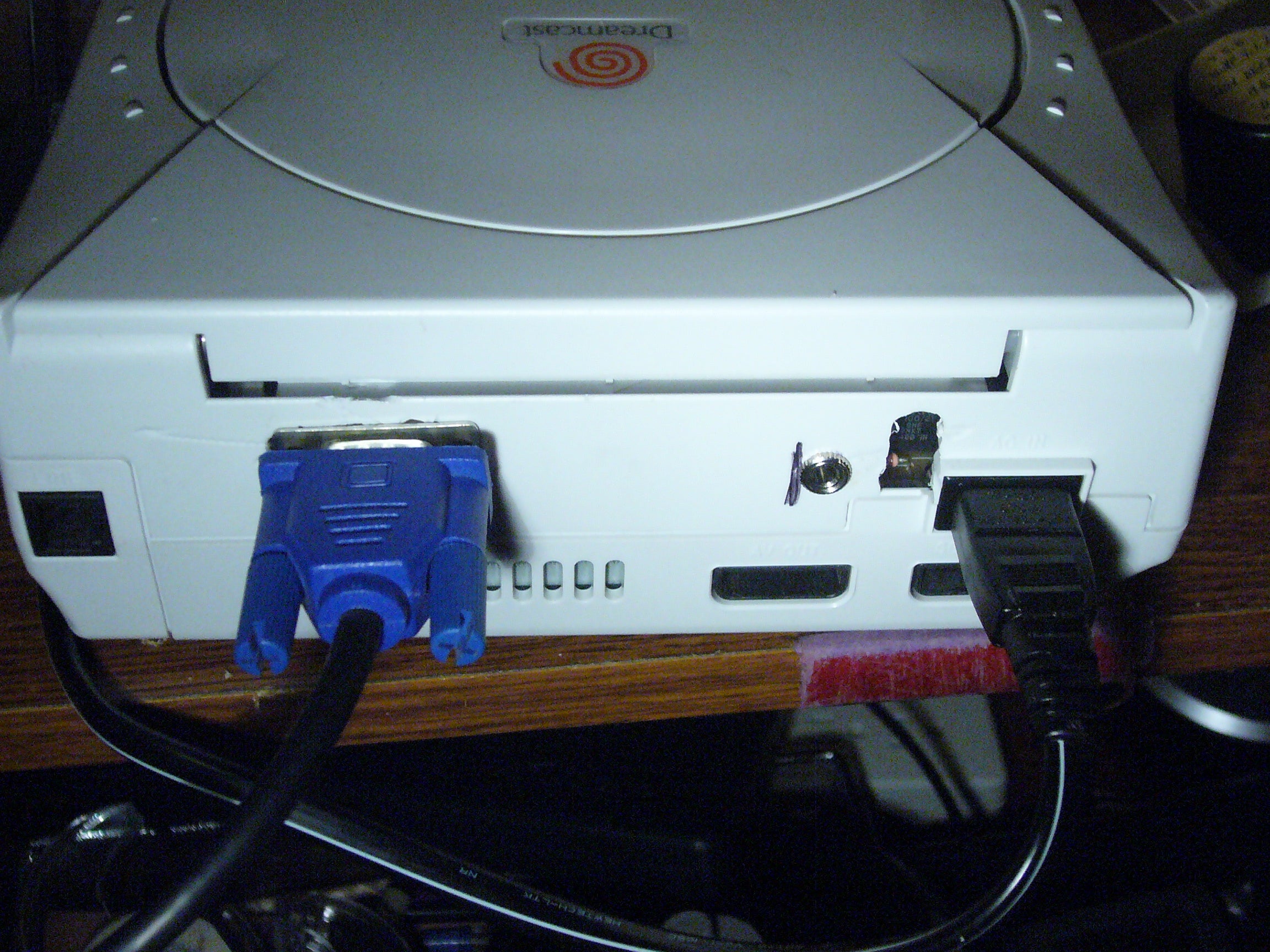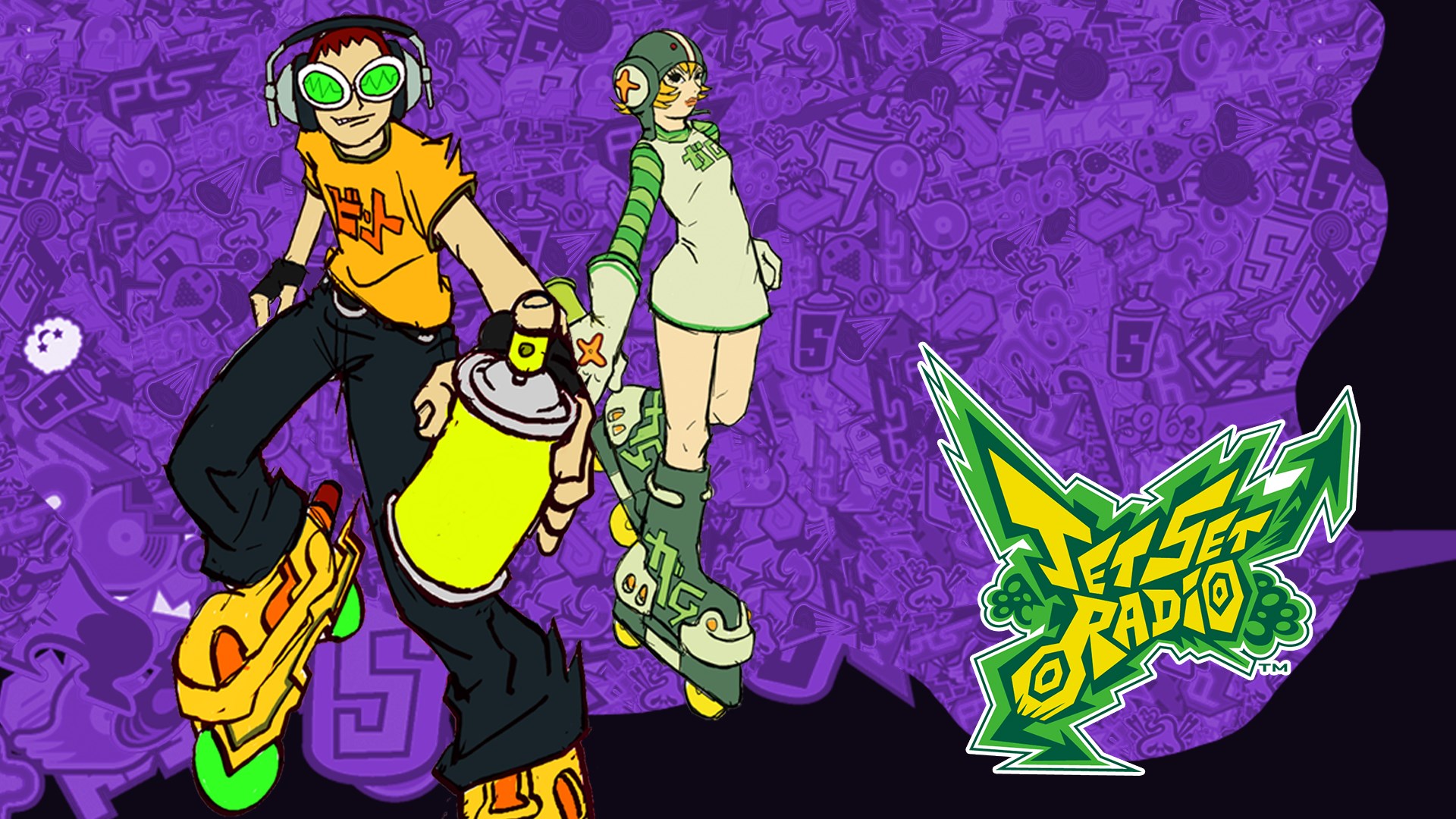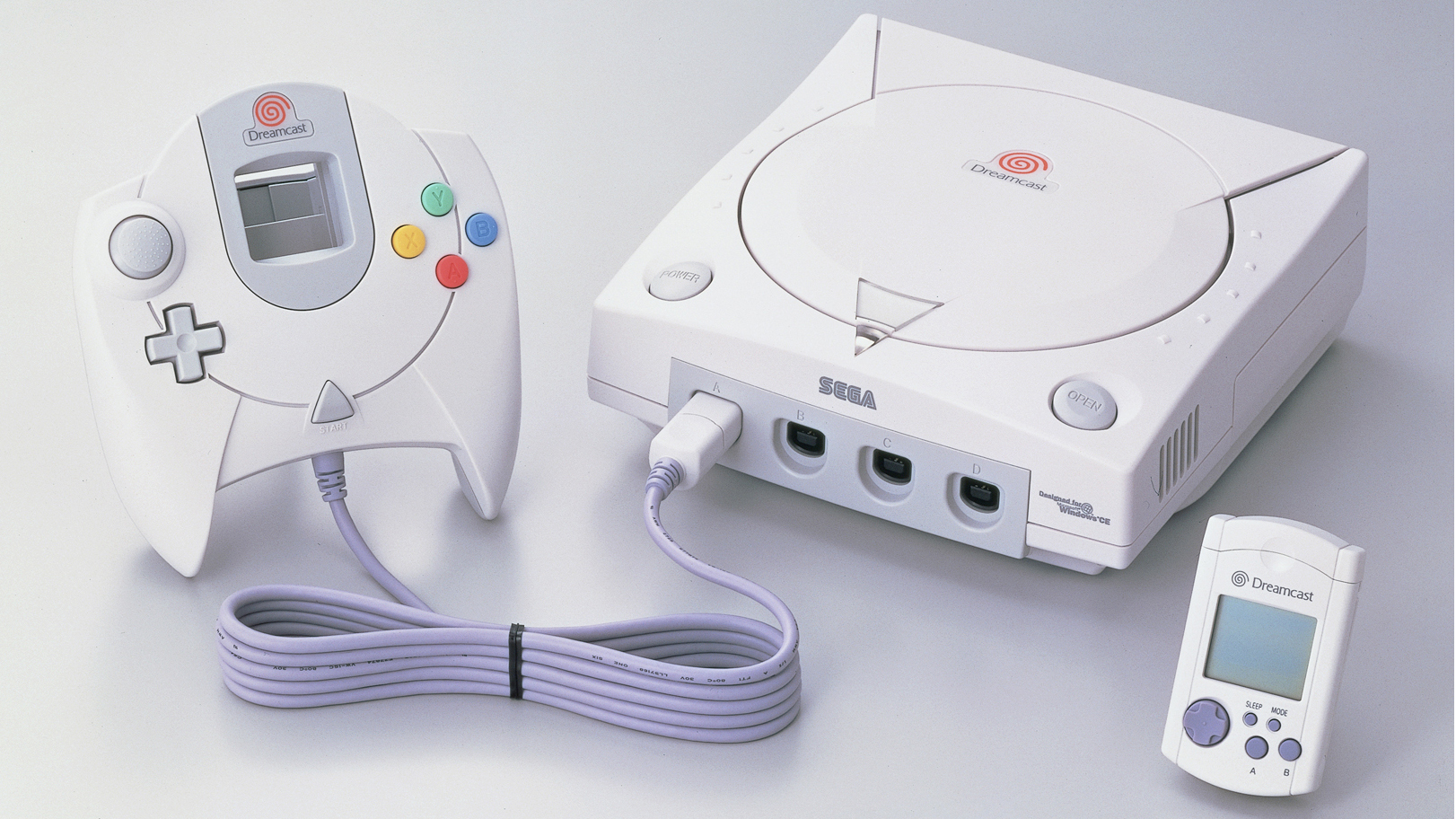15 Reasons Dreamcast Was the Ultimate System
The rise and fall of Sega seem like the stuff of modern myth. This was a company that burned too fast, too soon, but made an undeniable impact on...
Published 4 years ago in Ftw
Nowhere is this more clear than with the Dreamcast. While it couldn’t hold its own against the PlayStation 2, the years have revealed a simple truth: this was the greatest gaming system ever.
1
Iconic Branding
While it wasn’t enough to save the Dreamcast, we have to hand one thing to Sega. Their branding was absolutely on point!
The simple swirl logo for the Dreamcast was honestly better than anything Sony, Nintendo, or Microsoft would ever come up with. And like the very best logos, it is instantly recognizable and unmistakable. In comparison, it made that PlayStation 2 logo looks like amateur hour.2
Early PC Compatibility
Playing games with crossplay compatibility between consoles and PCs feels like a pretty new concept. But would you believe that Dreamcast started this practice decades ago?
Console players could play Quake III: Arena with a standard controller or a keyboard and mouse. More interestingly, though, Dreamcast players could also play against PC players. This felt like nothing short of magic back in the year 2000!3
Sonic Adventure
Fans are a bit split on this title as compared to the classic Sonic games on genesis. But for many, Sonic Adventure was a real “killer app” for the Dreamcast.
It successfully launched Sonic the Hedgehog into a 3D space in a way that the Sega Saturn never did. It launched to critical acclaim and enthusiastic player response. Ultimately, the Dreamcast needed their own Super Mario 64, and this was it.4
Experimental Games
It’s one thing to give us things like great Sonic games and arcade ports. But we should also celebrate the Dreamcast for giving us weird and experimental games.
It’s considered a classic now, but Shenmue changed our notion of what RPGs could play like back in the day. And titles like Space Channel 5 and especially Seaman changed our idea of what it even meant to be a game.
Not every experimental title was great, of course. But Sega gets points for taking a chance on these strange titles.5
Great Launch
Sega has had so many ups and downs that grading individual systems sometimes means grading on a curve. For example, compared to the Sega Saturn, the Dreamcast had a nearly perfect launch.
Sega had a perfect trifecta going for them: good system price, great launch titles, and plenty of games and systems on the shelves. Every launch should be this smooth, but modern companies still struggle to get their new system launches “just right.”6
The VMU
When the Dreamcast launched, the VMU looked like the weirdest part of it. Little did we know that they were rolling the next decades of game development into one new innovation.
The VMU could display relevant info to the game you were playing, and this also enhanced multiplayer gaming by providing info to players on their own individual screens. These VMUs also stored game data and could become their own Tamagotchi-esque independent games.
Ultimately, the VMU took the boring idea of memory cards and gave us a device that stored saved games while anticipating the multiple-screen experiences Nintendo would later offer via the Nintendo DS and Wii U.7
Sweet Sports Titles
Despite their eventual failure as a console maker, Sega was great at turning lemons into lemonades. This is especially true if you’re a fan of sports games.
The drama between Sega and EA meant that the Dreamcast wasn’t going to get most of the traditionally popular sports titles. In turn, Sega launched the 2K line of sports games and also gave us instant classics like Virtua Tennis.
Plus, be honest: don’t you want to root for any company that manages to beat EA at its own game?8
Amazing Peripherals
Do you like specialized gaming peripherals? In that case, pretty much no other system can hold a candle to the Dreamcast.
The fishing rod controller breathed new life into fishing games. And you could buy specialized twin sticks for cult favorite games like Virtual-On. There was also a typewriter for Typing of the Dead, a microphone or Seaman, and much more.
Hell, Japan even got a special train controller for the train simulator game DC Densha de Go! We’ll likely never experience an age of peripherals like this again.9
SegaNet
The story of Sega has always been coming up with the right ideas at the wrong time. And SegaNet was a product of this way of thinking.
SegaNet was an online service for the Dreamcast. It allowed gamers to play selected titles online and download DLC for certain games. Sega beat Xbox Live to the punch and basically paved the way for the future of online gaming.
The service officially faded away by 2007. But to this day, some gamers keep it alive via private servers to keep their online games going.10
Included Modem
Even in 1998, it was clear to everyone except Nintendo that online gaming was the way of the future. Sega decided to meet the future head-on by including a modem with the system, and players could swap it out for a broadband adapter as needed.
You could browse the internet and play some great online games. We all take these kinds of features for granted right now, but at the time, this was downright revolutionary.11
Arcade Player’s Dream
Back in the day, arcade games showed us the full potential of gaming. And from the very first home consoles, the goal was to create a home game system that could deliver arcade-quality graphics and gameplay.
And when the Dreamcast came out, it finally lived up to that dream. Gamers could play arcade-perfect ports of House of the Dead, Virtua Cop, Crazy Taxi, Marvel vs. Capcom 2, and more.
While home consoles would eventually leave arcades in the dusty past, the Dreamcast was an arcade gamer’s dream at launch.12
Comfortable Controller
If you’ve never held a Dreamcast controller, the design may look pretty weird. But those who have held it know that this is one of the most comfortable controllers ever created!
It was big without being too big, and all of the colorful buttons were easy to access. Most impressively, the addition of the space for the VMU did not interfere with the aesthetics or comfort factor of the controller.13
Native VGA Output
Have you tried to do some retro gaming lately? Old systems often look like crap on modern TVs and monitors unless you put a lot of time and money into HD conversions.
But in 1999, the Dreamcast actually came with native VGA output. This gave players an easy way to view Dreamcast graphics the way they were meant to be seen. And it makes the Dreamcast one of the easiest systems to set up and play with a modern display.14
Killer First-Party Games
Part of what doomed the Dreamcast was that it was difficult to develop for (especially on those GD-ROMS). But like Nintendo before them, Sega learned how to innovate by making great first-party games.
Titles like Crazy Taxi, Jet Set Radio, and Shenmue were nothing less than iconic. And while they would all eventually be ported to other systems, they made the Dreamcast the perfect system to buy back in the day.15
Compact Design
Sometimes, the best part of a game console isn’t clear at the time. But looking back, we can say that one of the best parts of the Dreamcast design is that it is nice and compact.
If that doesn’t sound impressive, go look at the design of the PlayStation 5 and Xbox Series X. As gamers struggle to find room in their entertainment centers for these giant consoles, we can see there is something to be said for a compact design.

